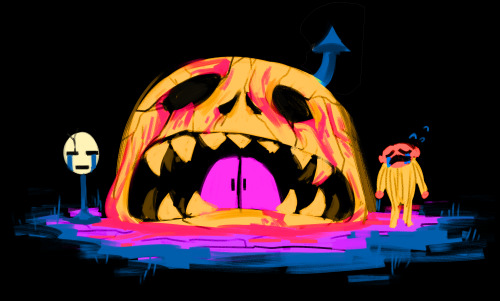
I think they already are doing that, but also for kind of domestic repression, right? The regime will have to showcase that it can insert a terrorist act and that will probably mean higher repression. And so I think that her death will be used globally at the second level, not only by these conservative circles, but also by the regime - not necessarily to put more pressure on Ukraine. She was a young, good-looking woman, so that will help to create the myth of her martyrdom. I think her death will be used so first by the conservative ultra reactionary groups to kind of create a martyr of her. What are you watching for in terms of how her death is used, to put it bluntly, whether it will be used as justification by Russia for further escalation in Ukraine? KELLY: I was following the reports on the memorial service for Daria Dugin, which, as we said, was today in Russia. So it's really a narrative that has resonates with a lot of European thinkers among the far-right groups. He was able to articulate a narrative about a kind of new empire of conservative values against the so-called decadent West and liberal culture and so on. So he has really been able to develop networks of international, transnational, far-right up to Latin America. So he was able to read all the European far-right production to translate it in Russia and also to translate his own work in English, in French, in German, in Italian, in Arabic, in Iranian. He's really a big name of the contemporary far-right thinking because he has been firstly speaking a lot of foreign languages. And I was looking and seeing he has followers in places like China, in Iran, followers in far-right circles in Europe. You said that his ideas may be more influential outside Russia than inside it these days. So it's not something that you can air on television very easily and get a big audience for that.

It's super kind of philosophical or religious. But he has been pretty marginal because his thinking is really not an easy one to follow. And she was able to be invited in all of these very provocative talk shows. And that's what is interesting is that his daughter was more mainstream in a sense than he was.

So he's not among the kind of the classic propagandist that I usually invited on talk show - his daughter was. He's only on a small internet channel that is a far-right Orthodox channel. Dugin is not part of any official institution like several other ideologies. Do we know how influential he has been on Vladimir Putin's thinking? Are these two men close? So you're describing him as someone who has been very prominent, whose moment, at least in Russia, may have passed. And he has always been very anti-Ukrainian to the point that Ukraine has forbidden him to enter on the Ukrainian territory already for like 15 years, like in the mid-2000s, he was already persona non grata in Ukraine. But after that, he really has been working on many other countries, creating a kind of big geopolitical vision for Russia as an empire. And that's something that was not so common at that time. Already one of his most famous work in the mid-'90s, he was explaining that Ukraine doesn't exist as a state, as a nation, that it's a construction of the West as a kind of anti-Russia strategy organized by the West. LARUELLE: He has been very-anti Ukrainian ideology since the beginning. KELLY: What has he said, what has he written specifically about Russia and Ukraine?
He's pretty - he's more famous broader than he's famous in Russia itself. And he has been pretty marginalized inside Russia. There are many other ideologies who appeared who are much more influential on the regime's kind of strategy. But in the 2000s, he really lost some of his preeminence. LARUELLE: He was pretty famous in the '90s because he was one of the first one in Russia to formulate a kind of language, a political language, about Russia as a great power and Russia as an empire. MARLENE LARUELLE: Well, first, I think we should question that first assessment. He is a prominent far-right political philosopher whose thinking is believed to have influenced Vladimir Putin. She is director of the Institute for European, Russian and Eurasian Studies at George Washington University. And her death is making global headlines, both for its violence and because of who her father is.
#SUPER SPACE FUNERAL 4 TV#
She supported her country's invasion of Ukraine, both on TV and online. In Russia today, a televised funeral for the woman killed by a car bomb in Moscow this past weekend.


 0 kommentar(er)
0 kommentar(er)
